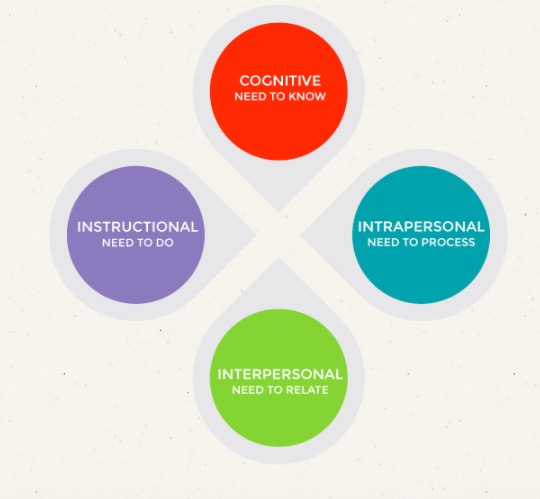Gone is the default image of a teacher—an adult lecturing to students seated neatly in rows, assigning the same textbook pages to everyone, and administering the same quiz on the same day to the entire class, with the expectation of a “normal distribution” of achievement along a bell curve. Instead, teachers in personalized, learner-centered settings are called upon to assess and address individual student needs and help all reach rigorous proficiency standards. These educators promote collaborative work among groups of students; integrate learning experiences that occur outside the classroom; and, above all, foster learner independence and student voice and choice, or student agency. Achieving this ambitious vision is only possible with significant changes in the very role of the educator and the ways in which educators interact with students, peers, and the broader community.
The development of Educator Competencies for Personalized, Learner-Centered Teaching serves as a first step in identifying the knowledge, skills, and dispositions that educators need in order to create and thrive in effective personalized, learner-centered environments.
The Competencies are organized into four domains—Cognitive, Intrapersonal, Interpersonal, and Instructional. For each domain, we identified both high-level competencies and detailed “indicators,” which describe specific ways that educators can meet each competency in a personalized, learner-centered manner.
Source Organization: Jobs for the Future and The Council of Chief State School Officers
